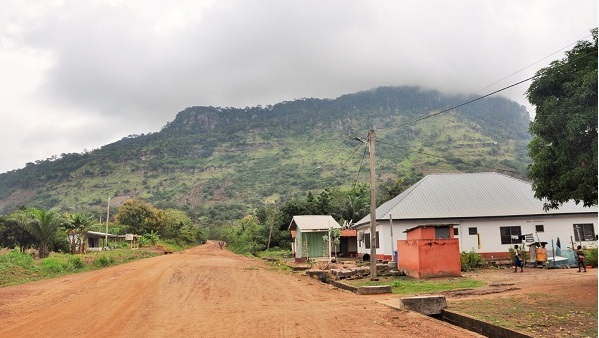
Implement policies to make rural areas habitable — Research
Flooding and drought that destroy properties and farms in rural communities have been identified among others as intensifying migration to urban areas.
This was the highlight of a research from a group of researchers on the phenomenon in the country.
To make migration safer and avoid slums in urban areas (destination for rural migrants), the researchers have called for decent accommodation, provision of best services such as water, hospitals among others to ensure dignified migration.
The research touched on a number of issues including socio-ecological systems, climate impacts and tipping points; modeling migration in the context of social change; impacts of migration and gender and social equity among others.
Project
The research forms part of a project being jointly executed by the Regional Institute for Population Studies (IRPS) of the University of Ghana and the HABITABLE Project with funding from the European Union.
The HABITABLE project is the largest research project on climate change and migration.
It seeks to advance the understanding of how climate change affects migration and displacement pattern.
The project is being implemented by a diverse consortium of 22 partners from different disciplines, from 17 countries across Europe, Asia and Africa.
Planning
A Senior Lecturer at RIPS, Dr Mumuni Abu, explained that bigger cities such as Kumasi and Accra were destination points for many migrants, hence the need for adequate planning to ensure that such destinations avoid slums and climate change impacts.
“So as climate change impacts rural areas and people are going to migrate into the urban areas, how are we positioning ourselves within the urban area or what kind of policies are we putting in place to make migration safe.
“You don't want people to move into the cities and start developing slums because that is not what people want,” he said.
Dr Abu urged the government to put in place the right measures to ensure that every community was habitable.
He said for every community, basic human development indicators such as access to a good hospital, water, electricity and education must be provided for the people.
“Once you have these basic necessities and the place is habitable, people should have the right to decide whether they want to live in a rural area that has all these facilities or go to an urban area that has all these facilities,” he said, adding that migration was a right.
